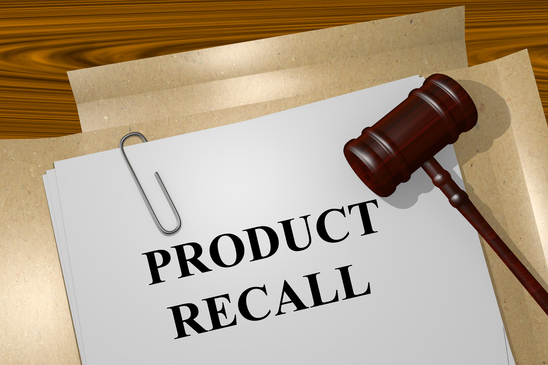CHICAGO, IL – Johnson & Johnson announced on July 14, 2021 that it was recalling some of its aerosol sunscreen products after finding traces of benzene in them. Benzene is a known carcinogen that’s linked to blood cancers, like leukemia, depending on the length and level of exposure. If you used a sunscreen containing benzene and believe that your cancer may be related to it, the product liability attorneys at the Dinizulu Law Group can help.
When consumers are harmed by a dangerous product, they have a right to pursue compensation from the negligent manufacturer or other defendant through a product liability case. Consumers can recover compensation for pain and suffering, loss of income, medical expenses, and other damages, if you have a skilled attorney.
Sunscreens That Have Been Recalled
The recall includes five Johnson and Johnson products, including Aveeno and Neutrogena. The sunscreens that have been recalled include:
- Neutrogena® Beach Defense
- Neutrogena® Cool Dry Sport
- Neutrogena® Invisible Daily Defense
- Neutrogena® Ultra Sheer
- Aveno® Protect + Refresh
Why Were the Sunscreens Recalled?
Valisure, an independent lab and online pharmacy, filed a citizen petition with the Food and Drug Administration (FDA) after it allegedly found traces of benzene in various sunscreen products. Valisure tested several samples from various sunscreen products and found higher than acceptable concentration levels of benzene.
What is Benzene?
Benzene is a colorless, flammable liquid with a sweet odor and evaporates when it’s exposed to air, according to the American Cancer Society. Benzene is formed when manufacturing plastics, rubber, paint, and fossil fuel emissions.
Exposure to benzene can cause adverse health effects. According to the Centers for Disease and Control and Prevention, people who breathe in high levels of benzene may develop the following signs and symptoms within minutes to several hours:
- Drowsiness
- Dizziness
- Rapid or irregular heartbeat
- Headaches
- Tremors
- Confusion
- Unconsciousness
- Vomiting or irritation of the stomach
- Death (at very high levels)
Benzene is associated with a range of acute and long-term adverse health effects, including cancer and anemia. Benzene is classified as “carcinogenic to humans,” according to the International Agency for Research on Cancer, due to sufficient evidence showing that it causes acute myeloid leukemia and various other forms of leukemia.
Signs of leukemia may include:
- Fever or chills
- Fatigue
- Unexplained weight loss
- Persistent fatigue or weakness
- Frequent or severe infections
- Easy bleeding or bruising
- Tiny red skin spots
- Swollen lymph nodes
- Frequent nosebleeds
The Link Between Benzene and Cancer
Benzene is known to cause cancer in humans when they have been exposed to high-levels of benzene. The World Health Organization says that people who have experienced benzene poisoning show an increased risk of mortality from leukemia. Chronic exposure to benzene can reduce the production of red and white blood cells, B-cell proliferation, and T-cell proliferation.
Valisure reports that some of the sunscreen products that it tested contained levels of benzene that “significantly surpassed” 2 part per million . To put this into perspective, the National Institute for Occupational Safety and Health recommends workers who are exposed to benzene to wear protective equipment at benzene concentrations of 0.1 part per million (ppm).
Do You Have a Claim for Compensation?
You may have a claim for compensation if you:
- Have been diagnosed with blood cancer – You have a documented medical record that shows you have leukemia, lymphoma, multiple myeloma, or other medical conditions associated with benzene exposure.
- Can prove usage – You have unused bottles or receipts showing you purchased one of the affected products.
- Have significant exposure – a one-time use of a product is likely not enough to establish benzene poisoning through the product. You must be able to show that you have used the product for several years. You may have medical records that support your long-term use of one of the recalled sunscreen products.
- Are not a smoker – because smoking is associated with cancer, it is easier to establish something else caused the cancer if you are not a smoker.
How the Dinizulu Law Group Can Help
If you believe you were exposed to benzene through the use of sunscreen or another product that led to your cancer or leukemia, reach out to the attorneys at the Dinizulu Law Group. Our diverse team and top litigators have the resources and skills to aggressively fight for the compensation you deserve. Contact us today for your free consultation at (312) 384-1920.



